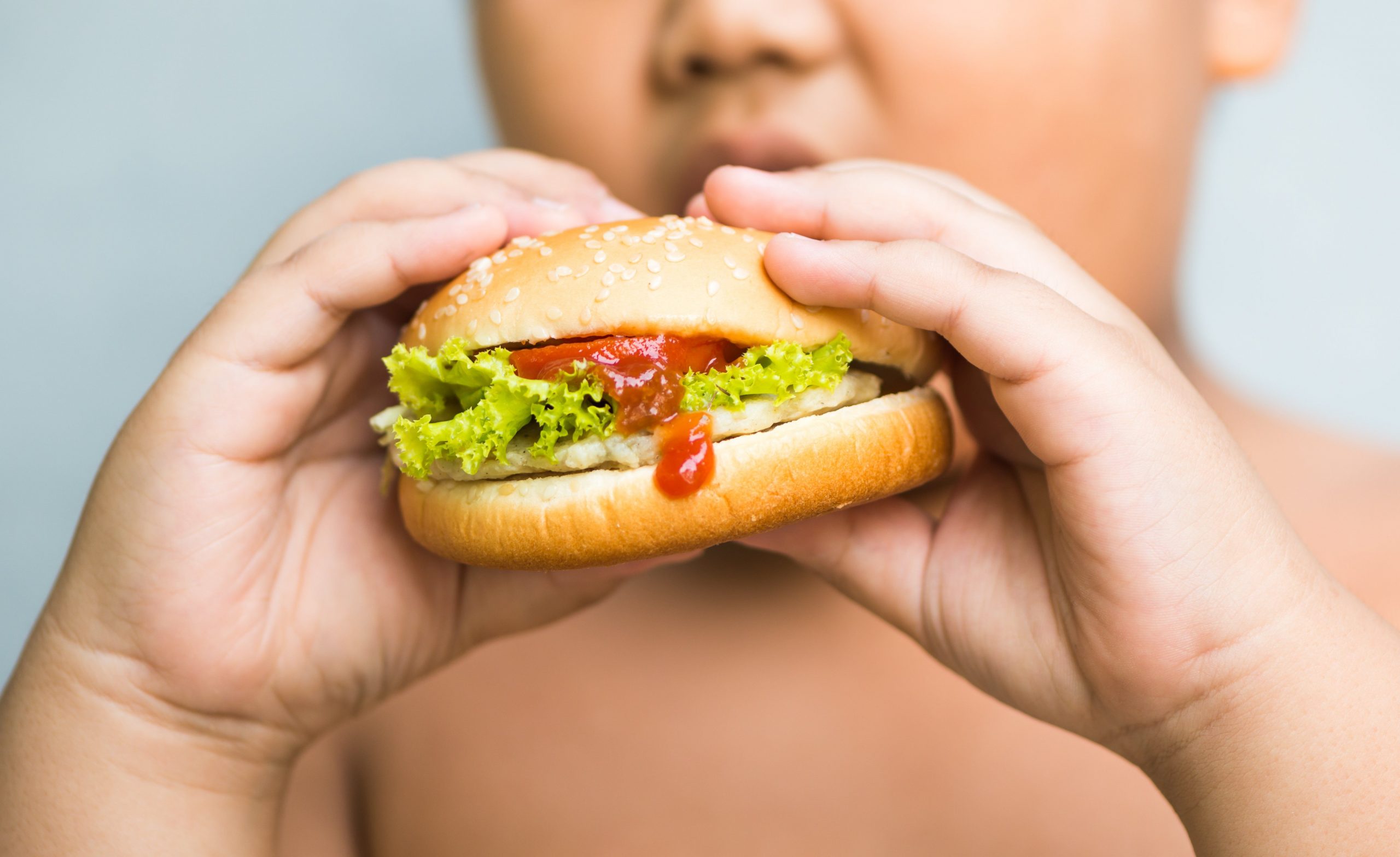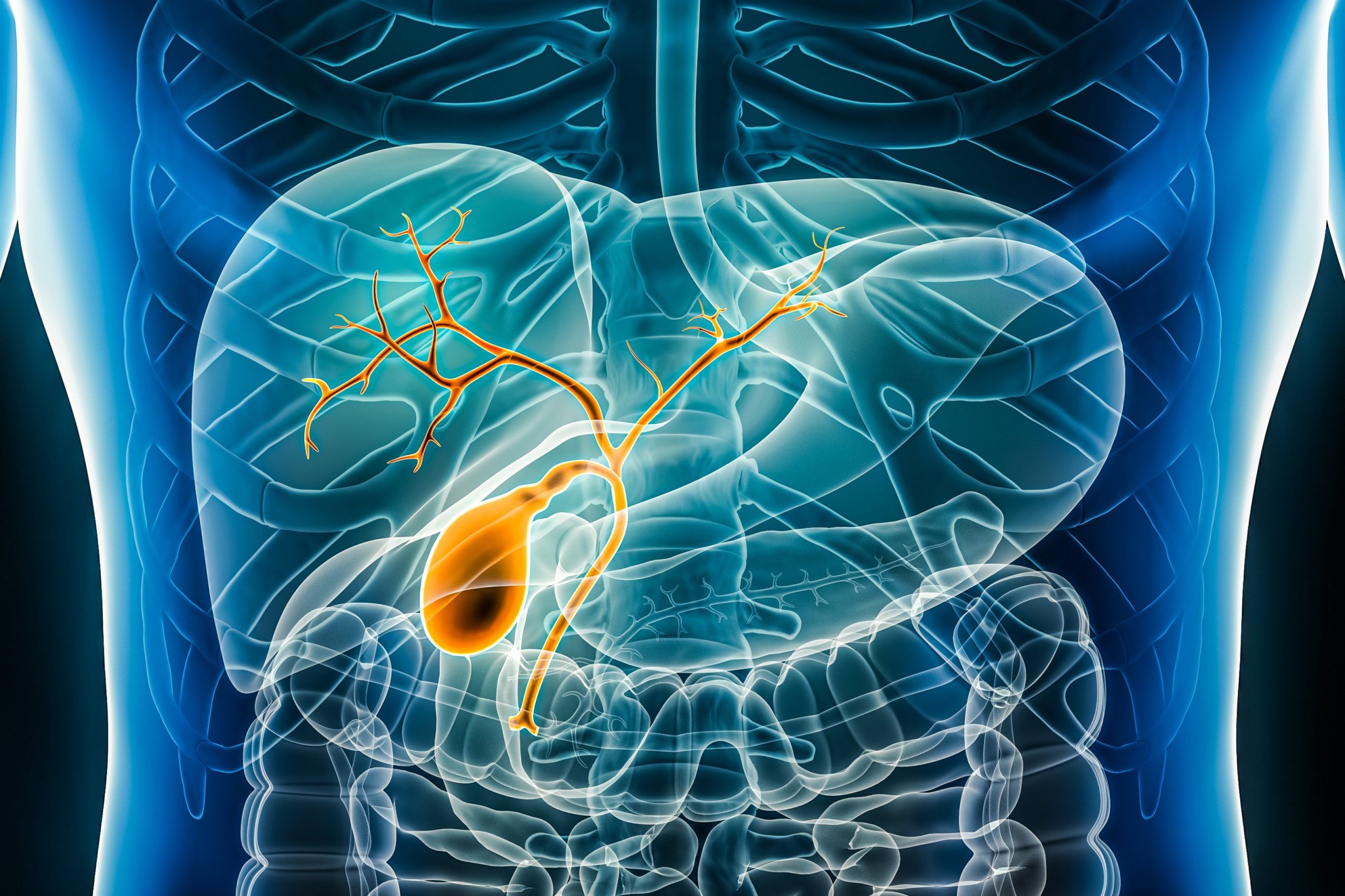
Every grocery shopper must pass through the “temptation alley” that is the checkout aisle, surrounded by candy bars, salty snacks and sugary sodas. Those who’d like a healthy option for an impulse buy while they wait in line — fruit, veggies, nuts or water — will be left wanting, a new study says. About 70%… read on > read on >






























